Stories

“What Rural Means to Me”: Q+A with Nadia Villagrán, Director of Rural LISC
Nadia Villagrán, Rural LISC’s new leader, brings a lifetime of rural experience, and a career’s worth of know-how in rural development, to the job (not to mention eight years in various roles on the team she now leads). In the following Q+A, she shares her vision for the work, her insights into the special challenges for rural, and the reasons her childhood in the Arizona countryside still guide her approach to making impact.
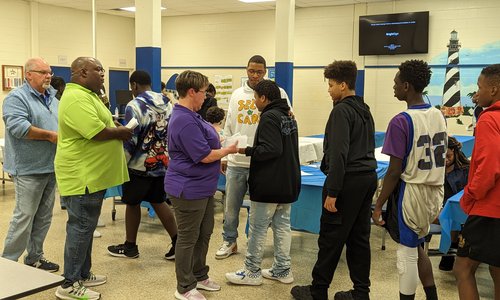
Pain and Progress Through a Rural Lens: Community Violence Intervention Beyond Urban America
Community Violence Intervention (CVI), an approach to quelling crime and supporting people who may be victims of, or likely to commit, violent crime (or both), emerged in America's urban neighborhoods. It is now practiced across rural America, too, sometimes in forms that vary distinctly from city-based CVI. LISC's Safety + Justice team, in tandem with Rural LISC, invest in capacity building for these groups working round the clock to make their communities safer, and to save lives.
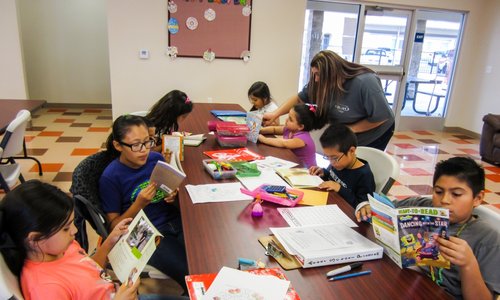
The Farm Bill’s Potential for Supporting Rural People and Places
The Farm Bill presents an opportunity to provide rural communities and people the resources they need to flourish. LISC’s Mark Kudlowitz and Nicole Barcliff examine where things stand in Congress and how the legislation can support the needs of families while also revitalizing communities that have long experienced capacity constraints that hinder community and economic development opportunities.
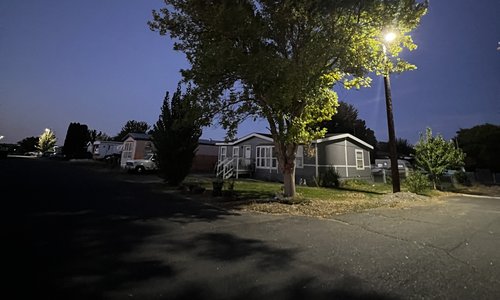
Mobile Home Residents in Washington State Are Calling the Shots After Buying Their Park
Manufactured housing, which 20 million Americans call home, is one of the few affordable housing options in the United States. The residents of two Washington State mobile home communities recently succeeded in purchasing their parks with help from ROC USA and over $2 million in financing from Rural LISC. As a result, they have been able to stabilize their housing costs, upgrade their communities and remain in the places they love.
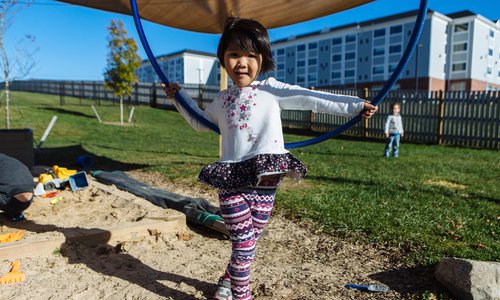
Why Rural Child Care Should Be a Top Priority for the Farm Bill
The fact that much of rural America is a “child care desert” has far-reaching implications for the families, children and care providers directly affected—but also for regional and national economic health and wellbeing. In other words, it impacts all of us. LISC’s Nicole Barcliff argues for ways the next USDA Farm Bill can nurture a humane and robust child care network across rural places through dedicated funding and technical assistance. All of which demands a critical shift in perspective.
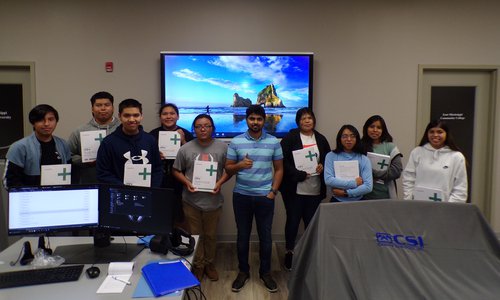
The Long and (Very) Winding Road to Universal Broadband for Rural America
In many parts of rural and tribal America, upwards of 21 percent of the population lack broadband access, and the obstacles to installing and preparing people to use broadband in rural America are high and complex, in spite of unprecedented federal support. LISC has been helping local nonprofits, as well as town, county and tribal governments, to leverage public capital and get connectivity, digital devices and training into local places and the hands of residents. The upshot is more people and regional economies accessing business, educational and social opportunities that are imperative for life in the 21st century.